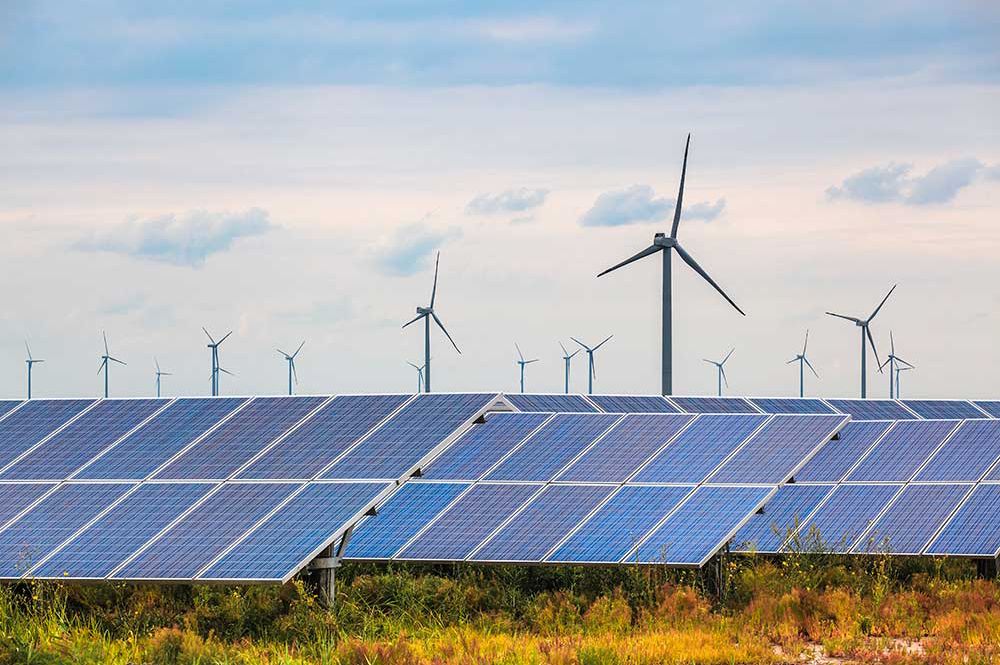CEC, whose members include turbine makers Acciona, Gamesa and GE Australia, released a briefing on 30 August that details the impact of cutting Arena's funding.
The publication of CEC's paper follows legislation introduced in Australia's parliament, last month, detailing a package of cuts.
'While we understand the government is looking for savings, slashing grant funding for renewable energy massively undermines the industry's efforts to meet our national emissions reduction targets, as well as the 2020 renewable energy target (RET) and beyond," said CEC chief executive Kane Thornton.
Arena had been awarded around A$2.5 billion in funding, from 2012, when it was set up, through to 2022.
"To date, our committed funding of this amount is about A$1 billion, which leaves about A$1.5 billion of uncommitted funding, which the government is proposing to take back, to make a saving," said an Arena spokesman.
However, energy storage — seen as an important enabling technology to support greater uptake and penetration of wind and solar — will be affected by the government's proposal.
Arena announced more than A$100 million in grants to energy storage projects, mainly using batteries, followed by thermal storage technologies.
The agency also recently awarded just under A$10 million to support an innovative project to co-locate solar with an existing wind farm, to reduce the cost of solar energy.
Plan B
To replace the A$1 billion cut to Arena's fund the government has proposed the creation of a fund using A$1 billion of existing capital allocated to the Clean Energy Finance Corporation, which is Australia's taxpayer-funded green bank, which would be co-managed by Arena and the bank.
"This fund would focus on debt and equity rather than grants — so basically, you are expected to pay the money back. There's not really any detail on this at the moment, but it is likely to mean a lot of promising new technologies may not get off the ground," a spokesman for CEC said.
Impacts of the A$1 billion grant funding cut, detailed in 'The impact of defunding Arena: Plunging into the clean energy valley of death', will see near-commercial technologies taking longer to achieve cost reductions, as the capital grant funding necessary to cross the so-called "valley of death" disappears. In turn, technology and project developers will leave Australia, CEC warned.
Slashing Arena's funds also sends the wrong message to international investors, which may see it as a move by the government to further diminish policy support for renewable energy, argued the briefing.


.png)


.png)









